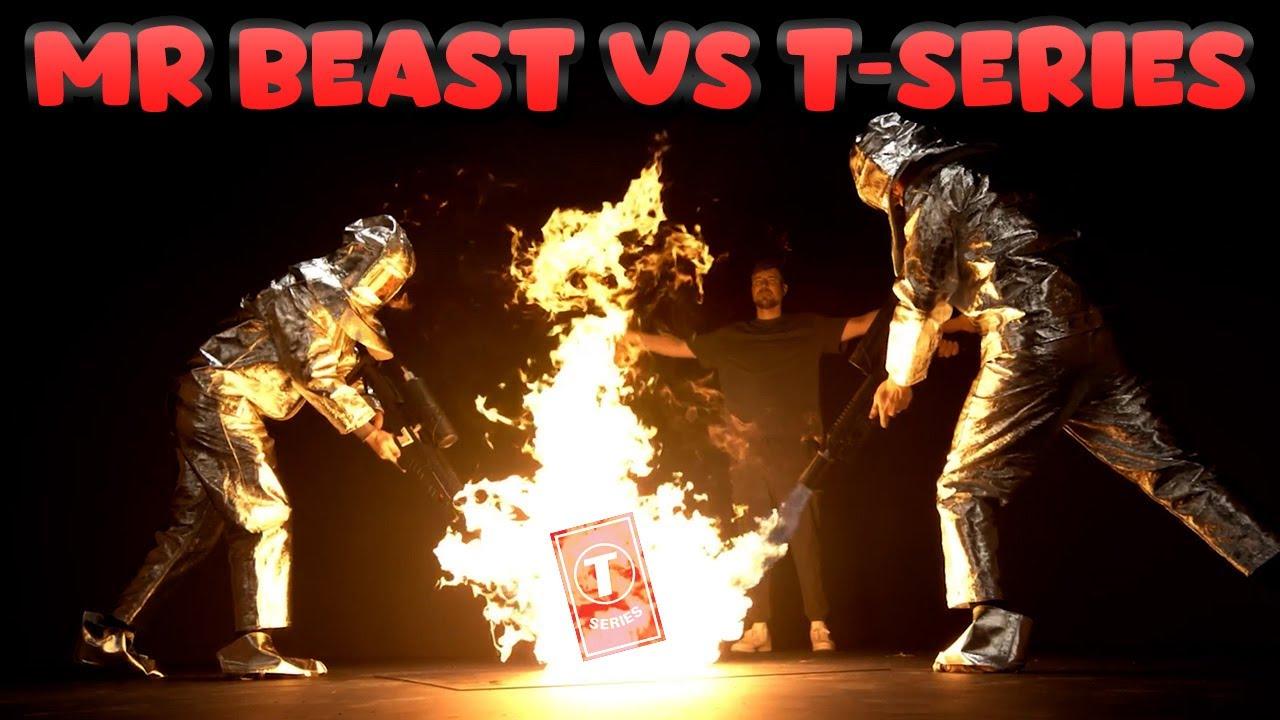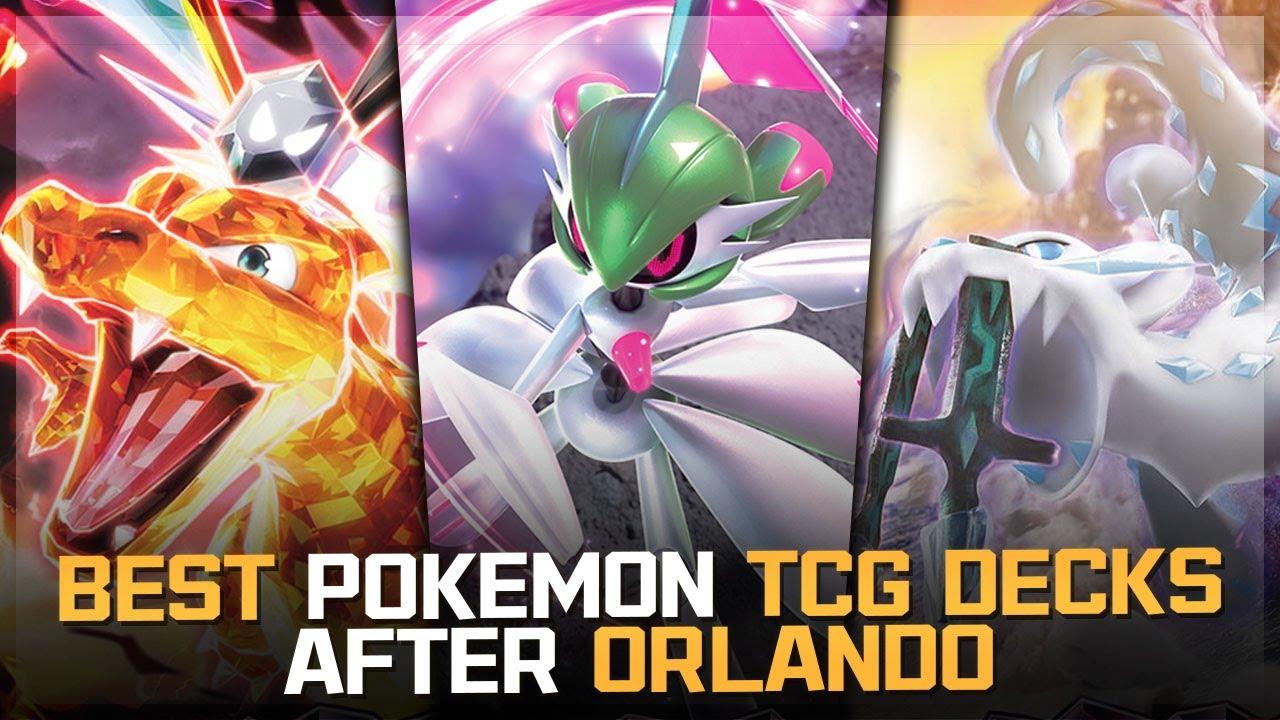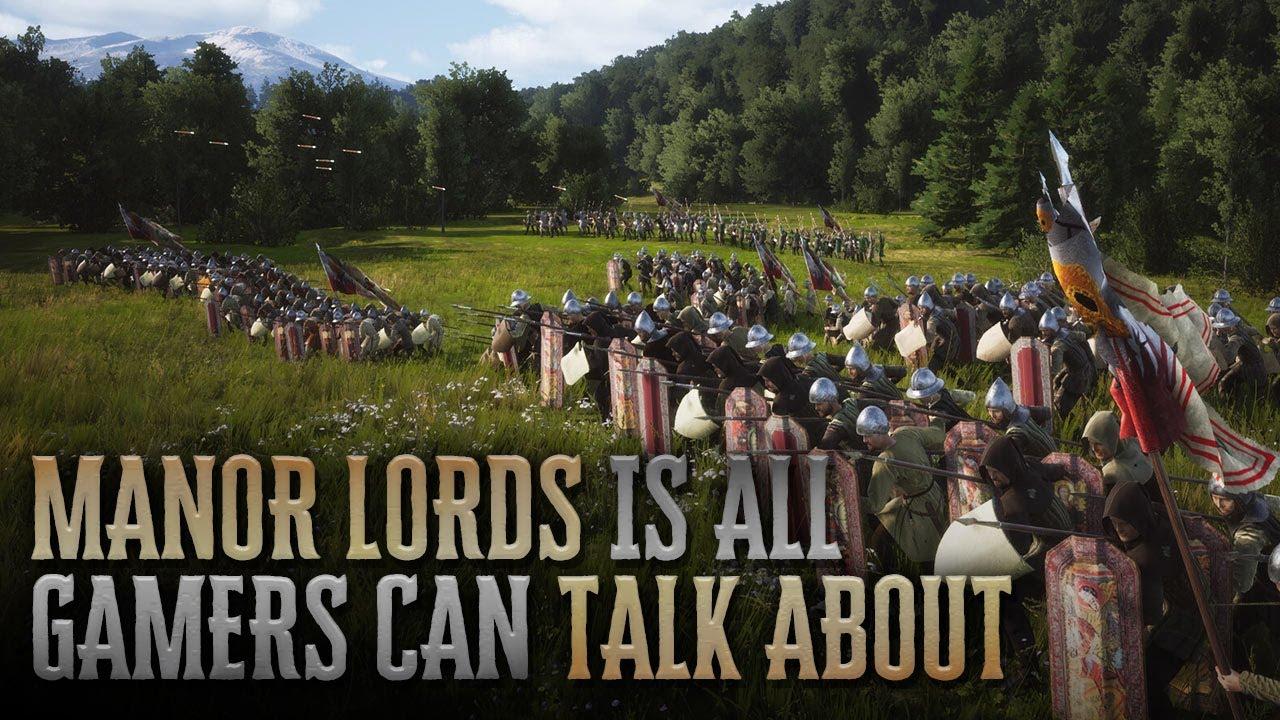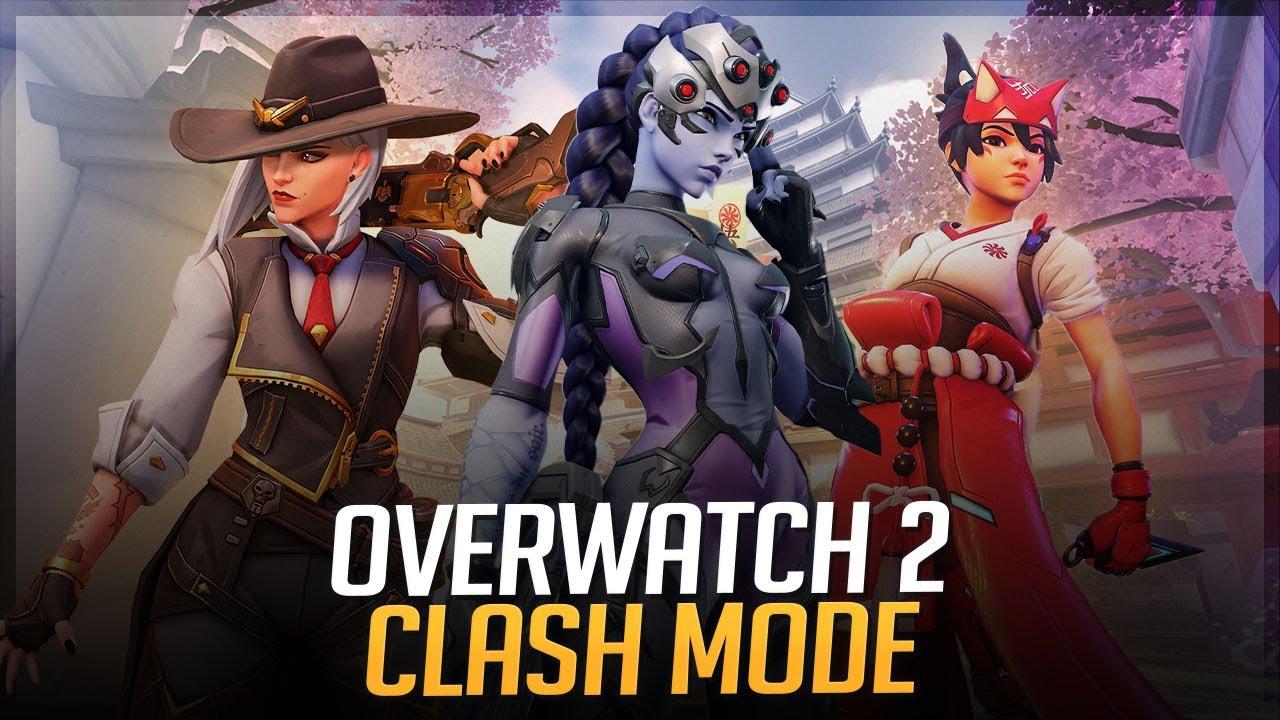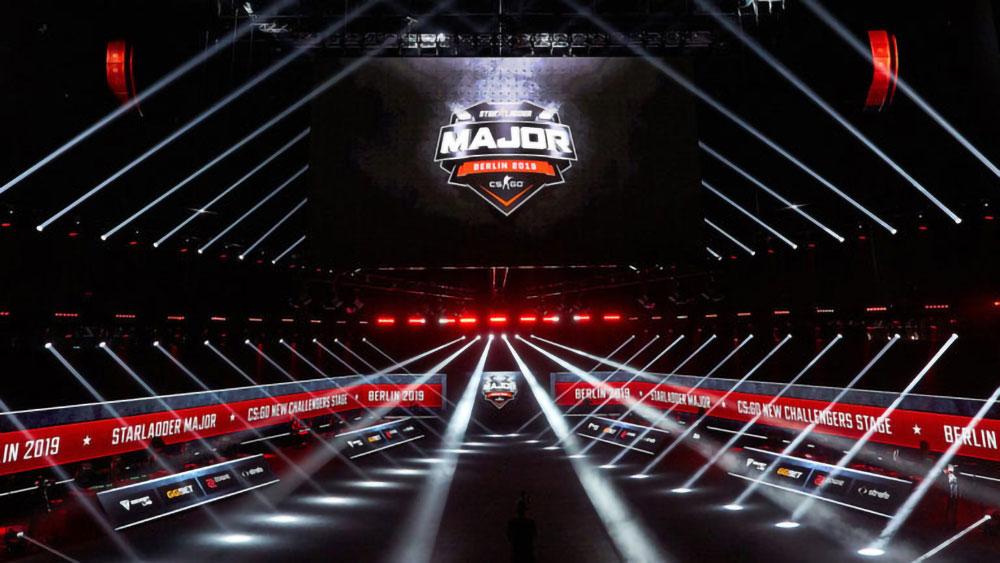
StarLadder offers clarity on freelance talent payment policy
In 2018, members of the Counter-Strike: Global Offensive freelance talent circuit accused tournament organizers of failing to pay them for their work. Over one year later, two more esports freelancers have hit out for similar reasons.
On November 25, esports host and broadcaster James Banks posted a series of raw and emotional tweets in which the esports veteran publicly worried about making ends meet and supporting his family. He wasn’t worried because he couldn’t find a job; he was worried because he had completed an esports role months prior but the tournament organizer hadn’t paid him yet.
Banks’ own sentiments echoed those of Vince Hill, whose October tweets about the issue leaned more towards annoyance and anger than worry.
Without a centralized circuit or franchised league, essential members of CSGO tournaments like casters and hosts work as freelancers, forcing them to rely on invites from tournament organizers for steady work. Banks declined to name the organizer that he says still owes him wages and confessed that he was worried that they would no longer hire him if he did.
Richard Lewis names StarLadder, Moses and HenryG speak out
Later that week, esports journalist Richard Lewis revealed on his podcast “Return of By the Numbers” that StarLadder, the organizer of Valve’s latest CSGO Major, was a big offender in situations similar to what Banks described.
A frustrated Lewis ripped into StarLadder for their alleged failure to pay talent, saying that the tournament organizer is well-known in the freelance scene as an organizer that essentially pays when they feel like it.
It wasn’t long before the biggest names in the small pond of Counter-Strike talent started to share their own stories of mistreatment at the hands of tournament organizers.
Jason “moses” O’Toole, one of CSGO’s top analysts and casters, replied to Hill’s post explaining that tournament organizers still occasionally fail to pay him in a timely fashion for his work despite his lofty status in CSGO circles.
Former analyst and current head coach of FaZe Clan Janko “YNk” Paunovic commented on the problem back in 2018, confirming that these aren’t isolated incidents. According to the tweet, his relationships with tournament organizers played at least some part in his decision.
“[The power dynamic is] one of the main reasons I went to coaching, you just feel so unappreciated by some TO’s. I’m still owed money for events I did in May. But they will always expect you to be 100% professional and do extra stuff for the show,” Paunovic said on Twitter.
Paunovic went on to explain that talent is often subjected to extra demands from organizers, but often denied what he considered reasonable requests.
“Of course, when you need to travel to the other side of the travel, and ask for a better flight option [they say,] ‘There’s no room in the budget for that.’ I can’t imagine how it is for guys who weren’t in as good of a position as me,” he continued.
Finally, Counter-Strike caster Henry “HenryG” Greer reached the end of his rope with StarLadder after he said the tournament organizer still had not paid him for his work at the Berlin Major and promised not to work with the organizer again until both he and his colleagues had been paid in full.
According to StarLadder’s official statement, a banking issue delayed the payment.
StarLadder says payment schedule is standard
WIN.gg reached out to StarLadder after the organization released a statement regarding the allegations that they had failed to pay the Berlin Major freelancers in a reasonable amount of time.
WIN.gg sought clarification regarding the fact that StarLadder’s statement had said that “as per usual, we’ve paid in full within three months after the end of the project.”
“We pay,” StarLadder told WIN.gg.
That’s fine if the tournament starts on Friday and ends on Monday. But according to both StarLadder’s official statement and WIN.gg’s correspondence, StarLadder officially started the Berlin Major at the commencement of the first Minor, all the way back on July 17.
That would mean that in addition to waiting anywhere from 45-90 days from the end of the Major on September 8, some talent that worked both the Minors and the Major would have started work on July 17 but not received a paycheck until as late as December 8.
That is three months after the Major officially ended, but three months and fifty-four days since some freelancers could actually have started work.
StarLadder sends the money within 45-90 days, cannot promise when it arrives
According to WIN.gg’s correspondence with StarLadder, the tournament organizer only guarantees that they will send the payment out in 45 to 90 days. The tournament organizer said that other factors out of its control cannot guarantee the money’s arrival in that timeframe.
“We send payments in 45-90 days, but as we can see with the HenryG situations, banks can delay these payments a lot,” a StarLadder representative told WIN.gg.
While three months from the end of a week-long tournament only means that the pay is three months late, a month-and-a-half long tournament means that the pay could be much more than three months late.
Recommended
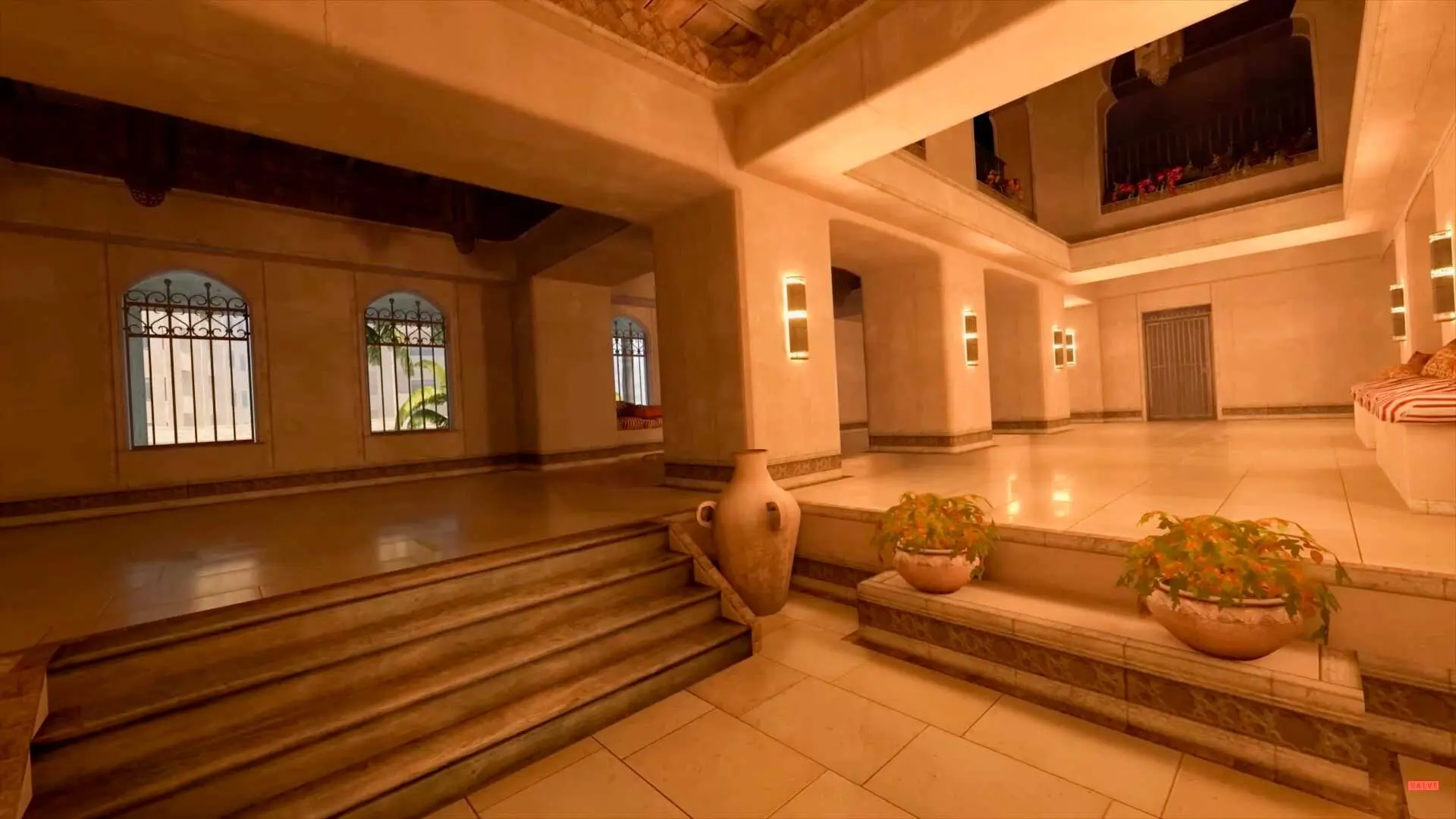
All maps are now available in CS2, what does it mean?
Poor Inferno players.

Redline creator reveals a sequel skin for CS2
Maybe call it the Orangeline?
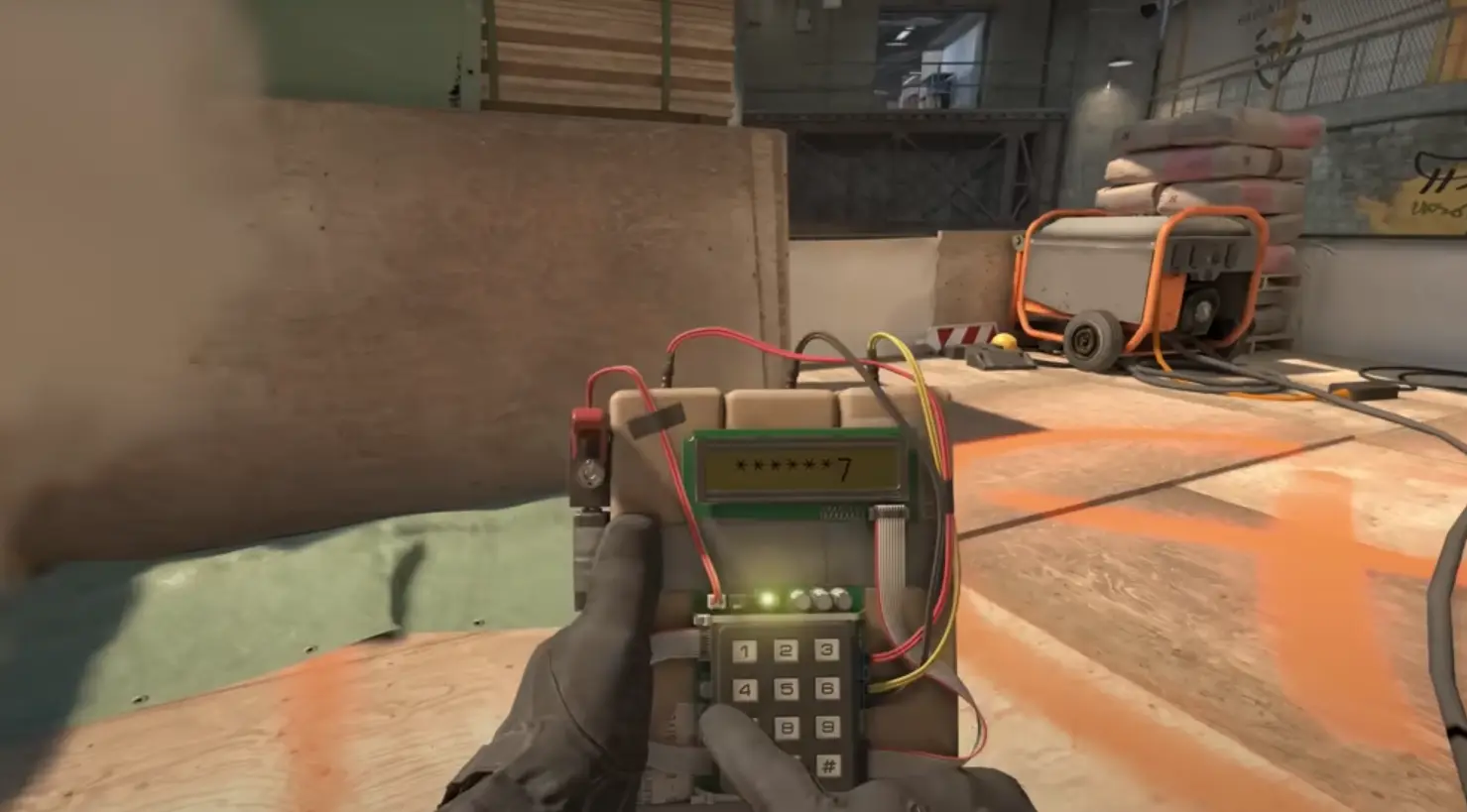
CS2 release date: Everything we know so far
Is it CS2-morrow? No, it is not.

